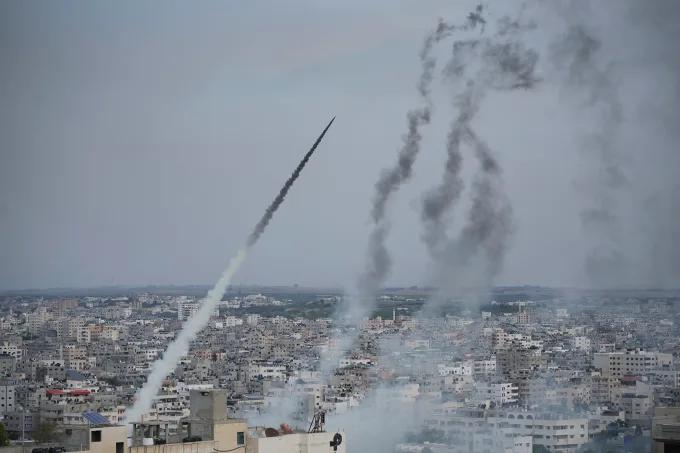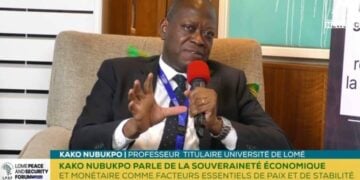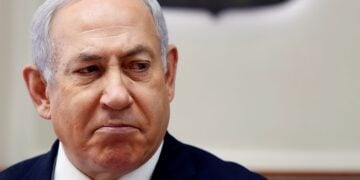Hamas has said that its political leader, Ismail Haniyeh, has been killed in an Israeli attack in the Iranian capital.
According to Iranian media, an air strike hit a building for war veterans in Tehran where Haniyeh was staying at around 02:00 (22:30 GMT).
Haniyeh, 62, was widely considered Hamas’s overall leader and played a crucial role in negotiations aimed at reaching a ceasefire in the Gaza Strip.
Israel has not commented, but it has promised to destroy Hamas following the 7 October attack on southern Israel, which killed 1,200 people.
On Wednesday, the Israeli government’s press office posted a photo of Haniyeh on social media captioned with the word “eliminated”, which it has subsequently deleted.
According to Hamas, Haniyeh was in Tehran to take part in the inauguration ceremony of the new Iranian President Masoud Pezeshkian, who was sworn in on Tuesday.
His death could now delay efforts to bring about a ceasefire in Gaza, as he was a critical interlocutor in the negotiations brokered by Qatar, the US and Egypt.
Several countries, including Iraq, Turkey, Russia and Qatar have condemned the attack. US Secretary of State Antony Blinken said the assassination was “something we were not aware of or involved in”.
Hamas’s armed wing said Haniyeh’s death would “take the battle to new dimensions” and have significant repercussions.
Iran’s leader Ayatollah Khamenei has vowed “harsh punishment” against Israel and has declared three days of national mourning.
Haniyeh’s death comes just hours after Israel claimed it killed the top military commander of Hezbollah, a Lebanon-based group also backed by Iran.
Israel said it killed Fuad Shukr in an air strike in retaliation for a rocket attack in the Israeli-occupied Golan Heights at the weekend.
Hezbollah has not yet confirmed that a senior commander was killed by an Israeli attack in Beirut on Tuesday but has said Shukr was in a building which was targeted.
“Since the incident, the civil defence teams have been working steadily but slowly to lift the rubble due to the situation of the destroyed classes, and we are still waiting for the result,” the group said in a statement on Wednesday.
Israel’s Defence Minister Yoav Gallant said the country was not seeking to escalate the crisis with Hezbollah but was “prepared to handle all scenarios”.
Haniyeh was a prominent member of Hamas in the late 1980s and was imprisoned by Israel for three years in 1989 as it cracked down on the first Palestinian uprising. He was then exiled in 1992 to a no-man’s-land between Israel and Lebanon, along with several Hamas leaders.
Haniyeh was appointed Palestinian prime minister in 2006 by President Mahmoud Abbas after Hamas won the most seats in national elections. Still, he was dismissed a year later after the group ousted Mr Abbas’ Fatah party from the Gaza Strip in a week of deadly violence.
Haniyeh rejected his sacking as “unconstitutional”, stressing that his government “would not abandon its national responsibilities towards the Palestinian people” and continued to rule in Gaza.
He was elected head of Hamas’s political bureau in 2017.
In 2018, the US Department of State designated Haniyeh a terrorist. He had lived in Qatar for several years.
His official funeral will be held on Thursday in Tehran, with the burial taking place on Friday in Doha, Qatar, according to a senior Hamas official.
Following Hamas’s attack on 7 October, which killed 1,200 people, Israel responded with an ongoing military operation in the Gaza Strip, which has killed at least 39,445 people, according to the Hamas-run health ministry.





